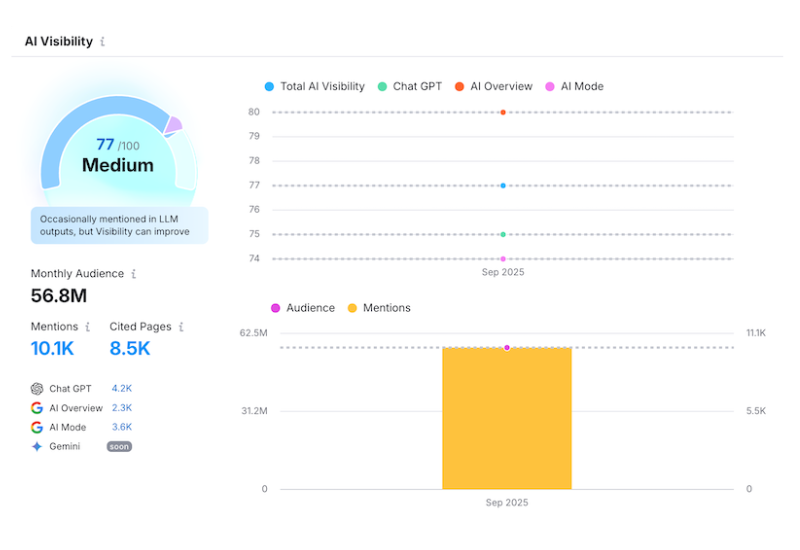Written by:
Curtis Lorenz, Human Element Data & Analytics Team Lead
How can you use your web and digital marketing data to get a better return on investment (ROI)? The answer may surprise you. By understanding and using key performance indicators (KPIs) like customer lifetime value (CLV) and return on ad spend (ROAS), you can make your website and digital marketing work harder for your business and see an immediate impact on your bottom line.
In this blog post, we’ll show you how to use these KPIs to accelerate ROI and sales and the steps you need to take to get there. Ready to learn more? Let’s get started!
 Define your goals
Define your goals
What are you trying to achieve with your website and digital marketing campaigns?
When it comes to eCommerce and digital marketing, defining your goals is an essential step in getting the results you’re looking for. When planning how your website functions or your next campaign, it’s critical to have a clear idea of what you want to achieve. Goals like conversions, leads, sales, and revenue help you set up KPIs like CLV and ROAS. With these objectives specified, you can track your progress over time and adjust accordingly. This ensures that your campaigns are always giving the greatest possible ROI and accelerating opportunities for future conversions, sales, and success.
 Collect your data
Collect your data
How will you collect the necessary data to track your progress toward your goals?
To accelerate your ROI and sales opportunities through your website and marketing, a single source of truth for data must be established. This single source will provide all the necessary information – think of it like a central repository – to track how your digital campaigns are performing. You’ll need to analyze data from many sources such as web analytics, email results, customer relationship databases, and other marketing software. Each of these data sources should then funnel into this single source of truth. This will quickly assess KPIs such as CLV and ROAS and make any necessary changes to your strategy or budget. By collecting all your data in one centralized location, you’ll have an easier time monitoring progress toward your goals.
 Analyze that data
Analyze that data
What does the data you’ve collected tell you about your website and campaigns and their effectiveness?
Analyzing website and campaign data is a powerful tool for understanding target audiences, gaining insights into their behavior, and optimizing campaigns to increase returns on investments. The data helps marketers identify characteristics of users most likely to convert, such as demographics, recency/frequency indicators, and monetary value. Combining the data with segmentation techniques allows content creators to target channels, messaging, creative assets, and more that speak to customer segments and target their ideal customers. By gaining visibility into how customers engage with your brands across different channels and touchpoints, you can then optimize your customer journey to drive greater ROI and sales opportunities.
 Adjust your campaigns or website based on the data
Adjust your campaigns or website based on the data
How can you change or improve your website or marketing campaigns based on what the data is telling you?
Leveraging data to inform the optimization and enhancement of your website and marketing campaigns can result in a tremendous return on investment. By making decisions that are driven by data, you are better able to understand and target your various customer segments more specifically. This allows you to improve engagement and conversion rate optimization (CRO). Taking the time to collect data points across multiple channels provides an opportunity for marketers to further understand audience behavior on both a macro and micro level. With careful analysis of this data, you can make the necessary adjustments to your existing campaigns or website to more effectively communicate your message with improved chances of getting positive results.
Achieving your desired results with your website and digital marketing campaigns is all about setting the right goals, collecting relevant data, analyzing that data, and making adjustments based on what the data tells you.
By following these steps, you can ensure that you are constantly improving your website or campaign’s effectiveness and driving more ROI and sales opportunities. Our team of experts can help you collect and analyze your data to make informed decisions about how to improve your website and digital marketing strategy. Contact us today to get started!
By the way, did you know that Universal Analytics is sunsetting on July, 1 2023? If you need assistance with converting to Google Analytics 4, let us help!



